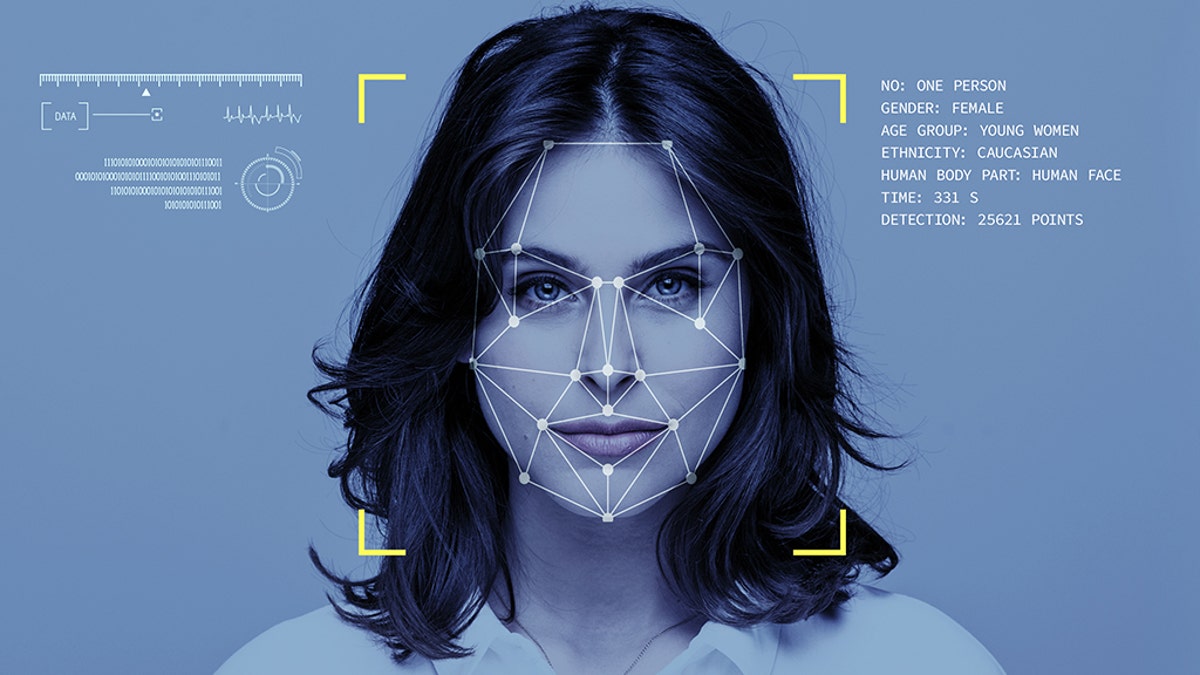Fox News Flash top headlines for June 24
Fox News Flash top headlines are here. Check out what's clicking on Foxnews.com.
Boston has banned police from using facial recognition technology, becoming the second-largest U.S. community to do so.
The city council unanimously voted on Wednesday to ban the controversial technology's use and prohibit any city official from obtaining facial surveillance by asking for it via third parties.
"It has an obvious racial bias and that's dangerous," Councilor Ricardo Arroyo, who sponsored the bill, said ahead of the hearing, per WBUR. "But it also has sort of a chilling effect on civil liberties. And so, in a time where we're seeing so much direct action in the form of marches and protests for rights, any kind of surveillance technology that could be used to essentially chill free speech or ... more or less monitor activism or activists is dangerous."
ACLU FILES COMPLAINT OVER FACIAL RECOGNITION ARREST

Boston has become the latest city to ban police use of facial recognition technology. (iStock)
The measure, which will head to Democratic Mayor Marty Walsh's desk with a veto-proof majority, follows similar bans that have been implmented in Brookline, Somerville and Cambridge, as well as several cities on the West Coast.
Arroyo noted the technology has been found to be biased and inaccurate for people of color. A study at MIT found that for darker-skinned women, facial recognition programs had an error rate of up to 35 percent.
MORE THAN 1,600 GOOGLE EMPLOYEES CALL ON COMPANY TO END ALL POLICE CONTRACTS, KICK COPS OFF OF GMAIL
“We’re working to end systemic racism," Councilor Michelle Wu, who also sponsored the bill, said prior to the vote. "So ending the ... over-surveillance of communities of color needs to be a part of that, and we’re just truly standing with the values that public safety and public health must be grounded in trust.”
The move comes amid nationwide protests over systemic racism and police brutality, and not long after technology companies including IBM, Microsoft and Amazon either decided to halt their facial recognition sales to police or completely abandon the sector.
A number of civil liberties and racial justice advocates have long contended that facial recognition technology is dangerous and should be banned completely.









































